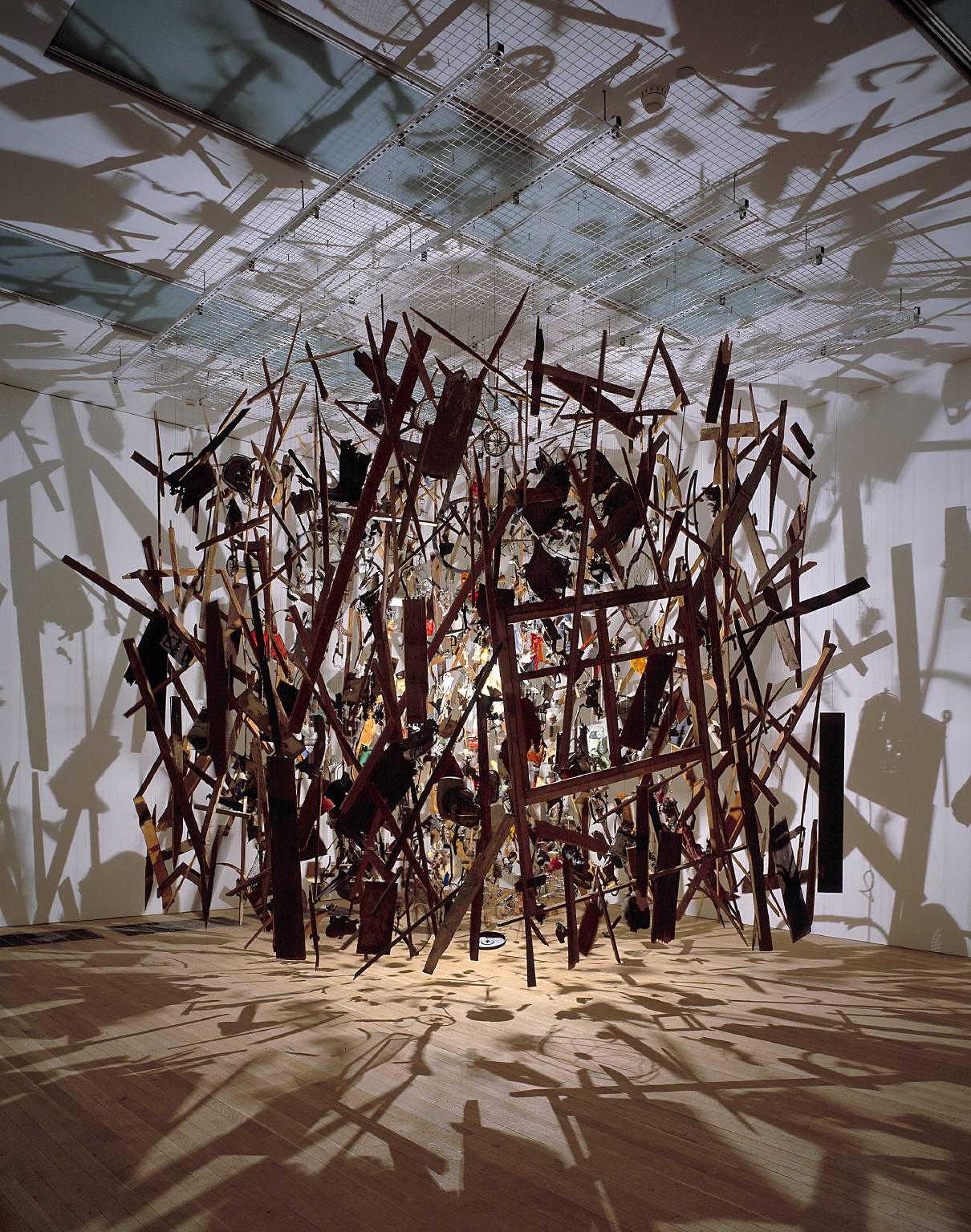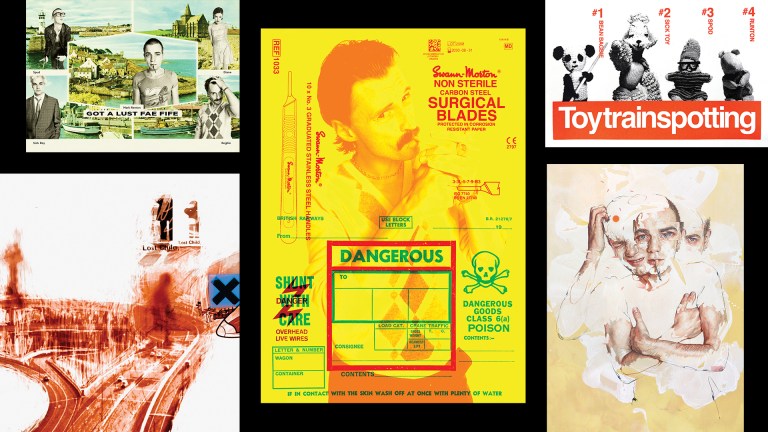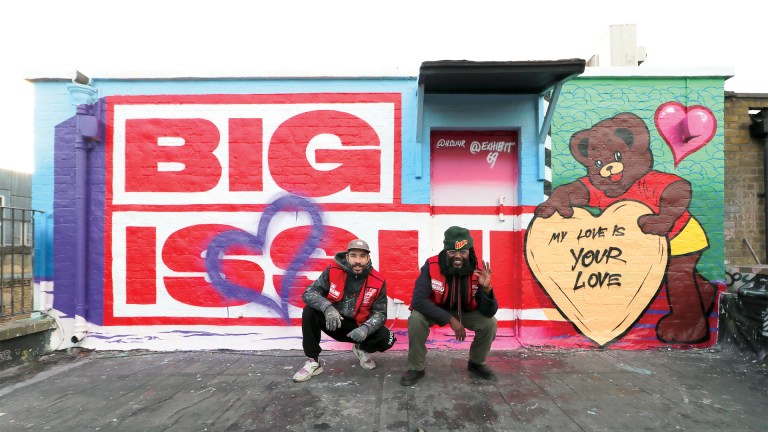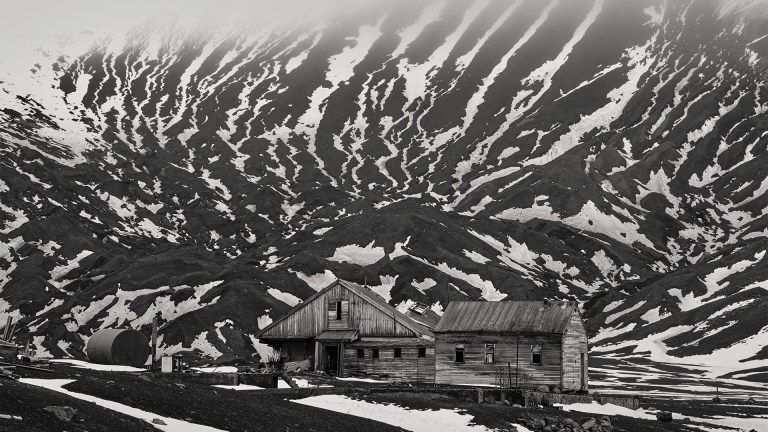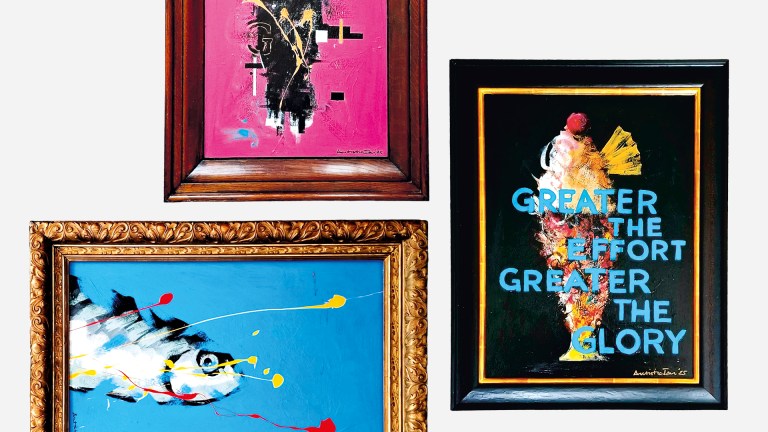Sixteen was a tough time for me. My mum had just been diagnosed with schizophrenia so things at home were very unstable. I knew I wanted to do something to do with art. I’d just spent a week in London with my art class and for the first time in my life I was exposed to museums like the ICA and The Tate. I was a rural, Cheshire child who never went to museums. So that was extraordinary for me, realising what a big world there was out there.
I was a very shy 16-year-old. I didn’t think I was loveable. I was quite moody, angsty, introspective. A quiet rebel. I wore lots of dark make-up and crepe dresses, second-hand stuff and Biba. And I got into David Bowie and saw him on his Ziggy Stardust tour in ’72. For me, he was the best. I was a bit of a loner at school, I didn’t see friends in the evenings. I think I was already in art school mode, quite individualist. My mum complained that I always had to be different, and I thought yeah, I do. Because I felt different.
I’d had a few boyfriends like my father – charismatic, manipulative. Jeff was not like my father
My father verbally dominated the house so I don’t think I came out of my shell until I’d been away from home for a few years. And then I probably did channel my father. He was a garrulous, flamboyant, rebellious character, very articulate and funny, though he was just a peasant farmer. He also had a dark side. My mum became mentally ill so she was not available. She was German and had been a nurse in the war. I think she was quite traumatised and became an introvert. She was a good person I think; my father was more Machiavellian and a bully really. He could swing on a sixpence. He was charismatic, but he could suddenly be quite vicious with us. You had to watch out.
My mother was German and was a nurse in the war. I think she was quite traumatised and became an introvert
Neither of my parents wanted me to be an artist. They’d have been much more comfortable with a proper job, like a doctor. Even when I had some real success they couldn’t quite get it. But I think anything I’d chosen, there would have been some issues with it. They did come to see some of my work. When I was nominated for the Turner Prize I invited them to London and put them up in a nice hotel. My father just spent his time standing in front of my exhibit, Church Struck by Lightning, asking people what they thought of it. I think he was trying to provoke a reaction. I don’t know.

I still have all the self-doubt I had when I was 16. I think it’s just part of my make-up. The foundations I had weren’t that secure so I always had the harpies on the shoulder saying you’re not good enough, which was what my father said. You’re a bit of a waster. You’re not working hard enough. I’ve always worked really hard. In a way I wish I could take my foot off the pedal and relax but I have this need to keep reinventing the wheel. I’m never satisfied with anything I’ve done. I have suffered with depression throughout my life. It’s the beast at the back of the cupboard. The work is important for that – it unleashes the beast and lets it rampage out in the world.
I think my creativity came from my father. But I can see something of my mother there too. She was an interior person, and much of my work is small and interior. The other side of my work, like The Exploding Shed, is big and explosive, perhaps dealing with the anger or violence that came from my father. I’m always trying to repair something, or bring things back together or resurrect things physically, by suspension, so they’re not lost. Trying to find something new that comes after the carnage.

